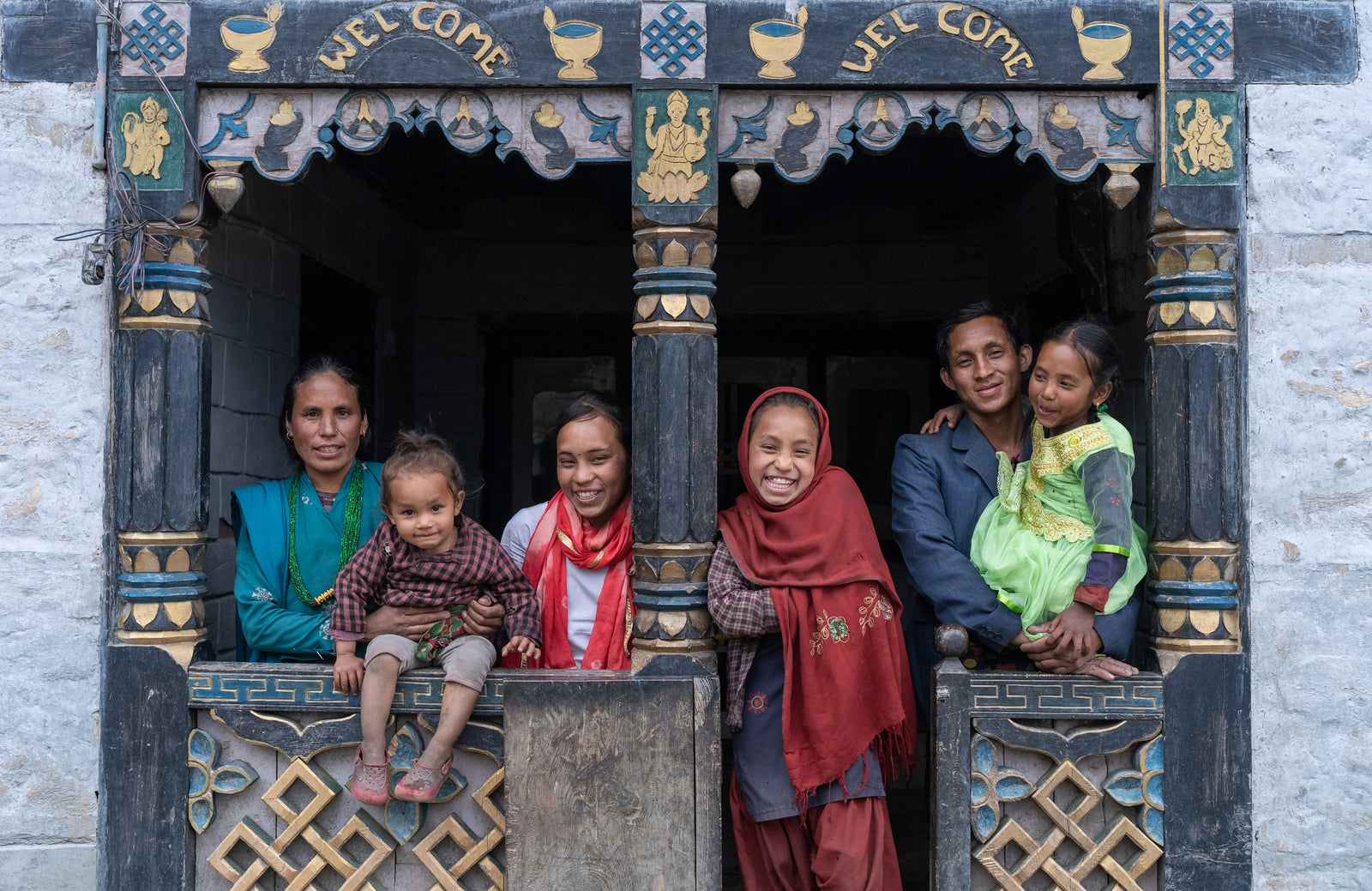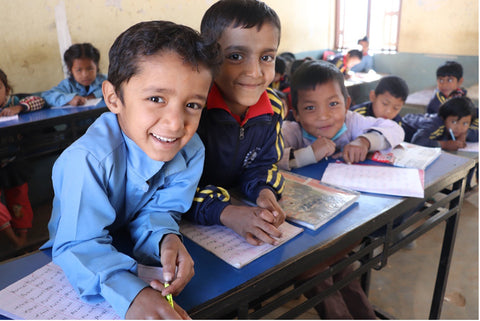Add description, images, menus and links to your mega menu
subjects
about us
School library for 422 children in Bhotang, Nepal
initial position
Sri Bhotang Devi Secondary School is located in the Himalayan highlands in the village of Bhotang (Sindhupalchowk District) in Nepal, not far from the Tibetan border. The school is attended by 422 students from grades 1-10. 18 teachers, including two "Teach For Nepal" scholarship holders, ensure that the children receive a holistic and high-quality education. Of the 422 students, 225 are girls.
The children come to the school from new surrounding villages and depending on where they live, they walk for one to two hours.
In their free time, the children mostly pursue sporting activities such as football and rugby. There is no common room with a library where the children can withdraw and play and read in peace. Access to a variety of books will help develop children's academic and social skills. In addition, the library will be used as a common room for various activities, as well as school lessons related to reading and writing activities.
We attach great importance to:
- Community engagement of the local population
- Local project management and implementation
- Quality materials and learning environments
- promotion of teachers
Project
| project number | NEP 20-005 |
| Accompanied by | |
| project location | Bhotang, Sindhupalchowk, Nepal 27°45'59.99"N 85°41'59.99"E |
target group |
422 children, 18 teachers Kindergarten, grades 1 - 10 |
| main emphasis |
training |
| funding requirements |
3,500 francs |
| status |
Funded, project completed |
|
The existing school building in Kavre |
The new school building with library in progress |
|
The children are looking forward to the new library |
The children help too |
|
Our super team in Nepal |
location of the school |
|
Finally the library is finished |
Books inspire and help children in school |
Goals of the project
Creation of an oasis of exchange, learning and encounter by setting up a school library for children and pupils in grades one to ten.
As a community center, the library is an important place for the children. It consists of a variety of books in the local language. Since mainly small children attend the school, the library is stocked with numerous children's books. In the library, the children can live out their creativity and various activities such as storytellers, reciting poems, handicrafts, art education, drawing, puzzles and tutoring take place there. The school library is an integral part of the teaching and learning process. The work of the class teachers is made easier by having additional teaching tools available and the children are motivated in a positive environment.
What we do
The library is intended to be a play, learn and meeting place for teachers, children and families.
- Renovation of the existing room for a school library
- Setting up the school library with books and furniture
- Walls are painted child-friendly
- Floor is covered with mats and carpet
- Mural designed by local artists
Effect
Books not only increase vocabulary, they also influence social behavior. Books inspire and stimulate the imagination. They satisfy children's curiosity and drive to discover the world. By reading aloud, the child experiences affection and attention. This creates trust, security and closeness. Children's books awaken later interest in books, making them an important educational tool. Children immerse themselves in these fantastical worlds and sometimes even act out their favorite scenes from the books, which develops other important skills. Children still move entirely in the world of experience and feeling and less in the mind. They develop sympathies or dislikes for the characters in the children's books. Books also train their social behavior.
The library makes the school more attractive and respected by the population and there are fewer school dropouts. The young people remain motivated to learn and thus have better chances of attending secondary school and getting a job










